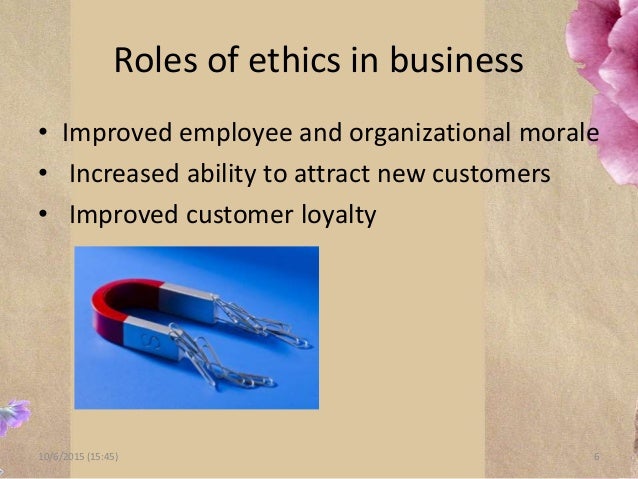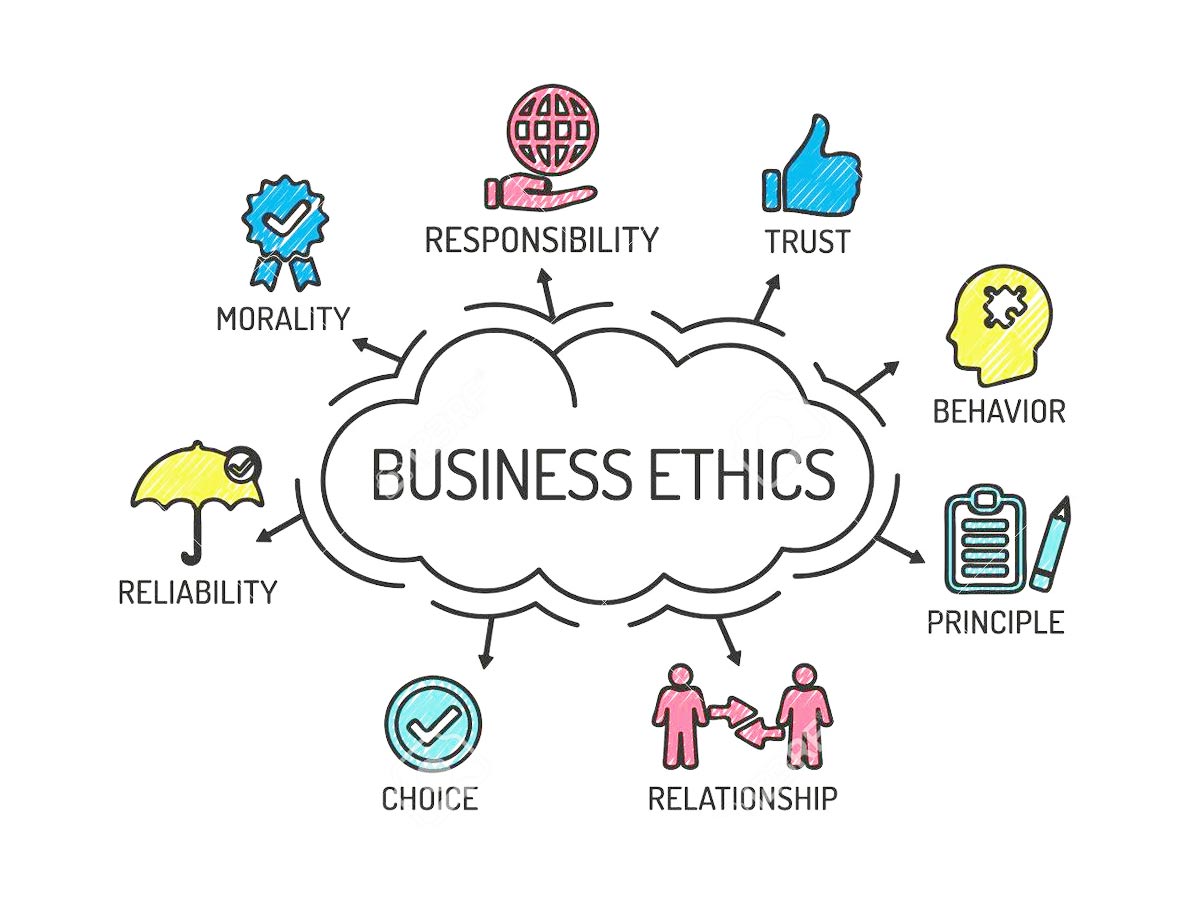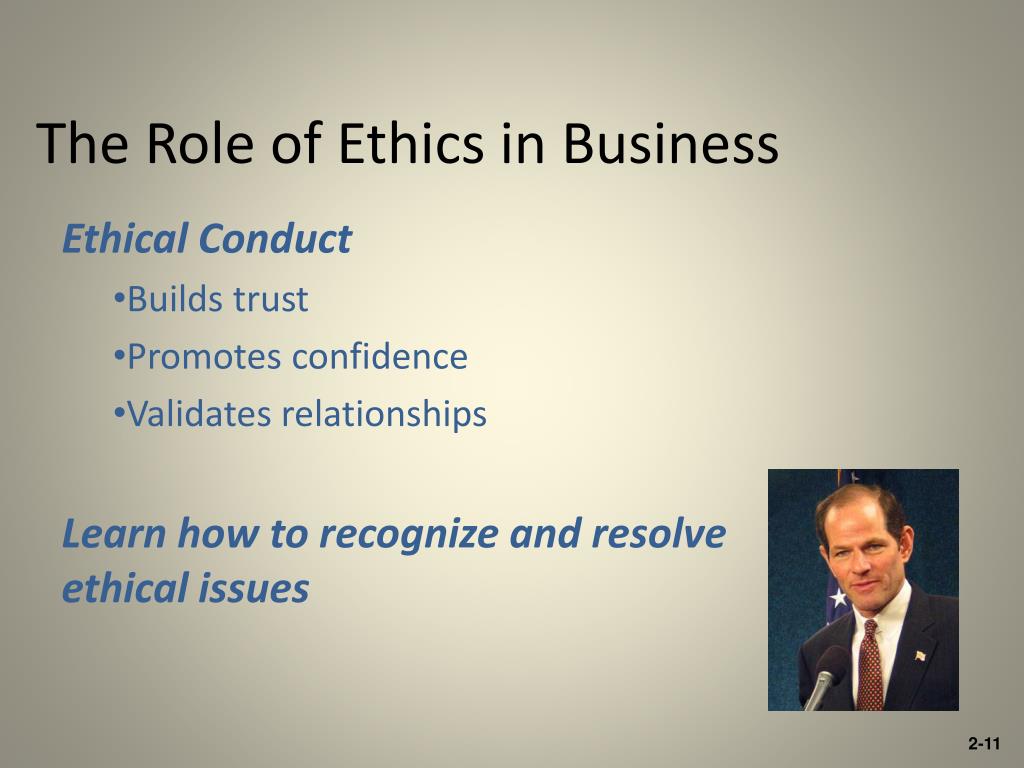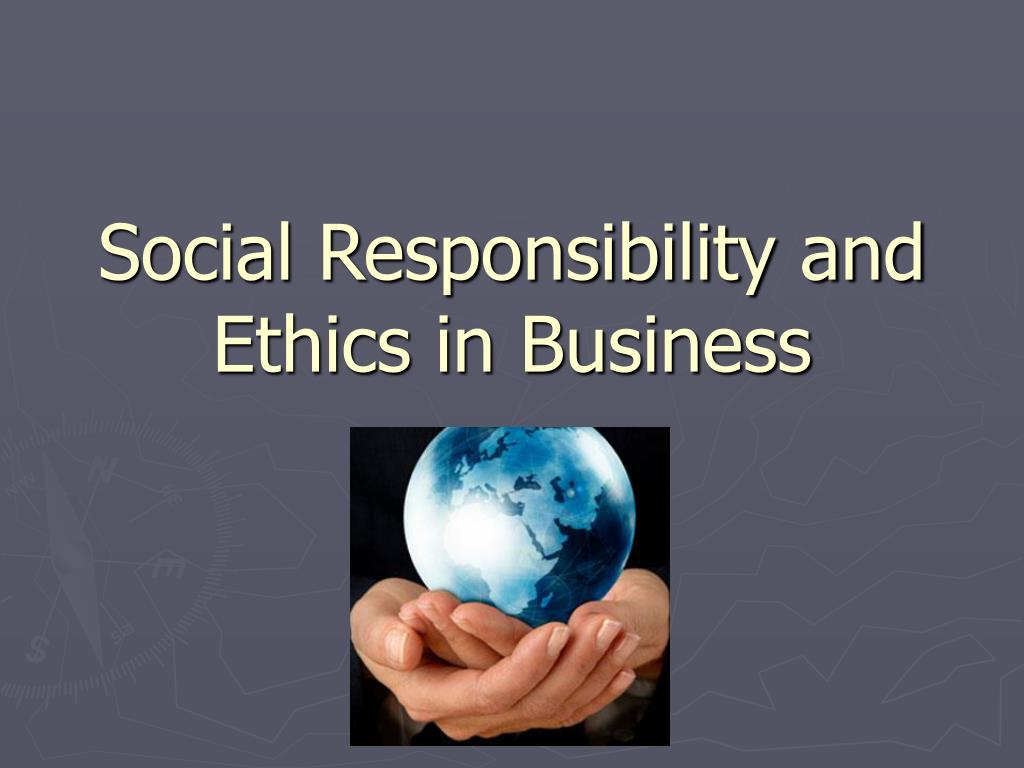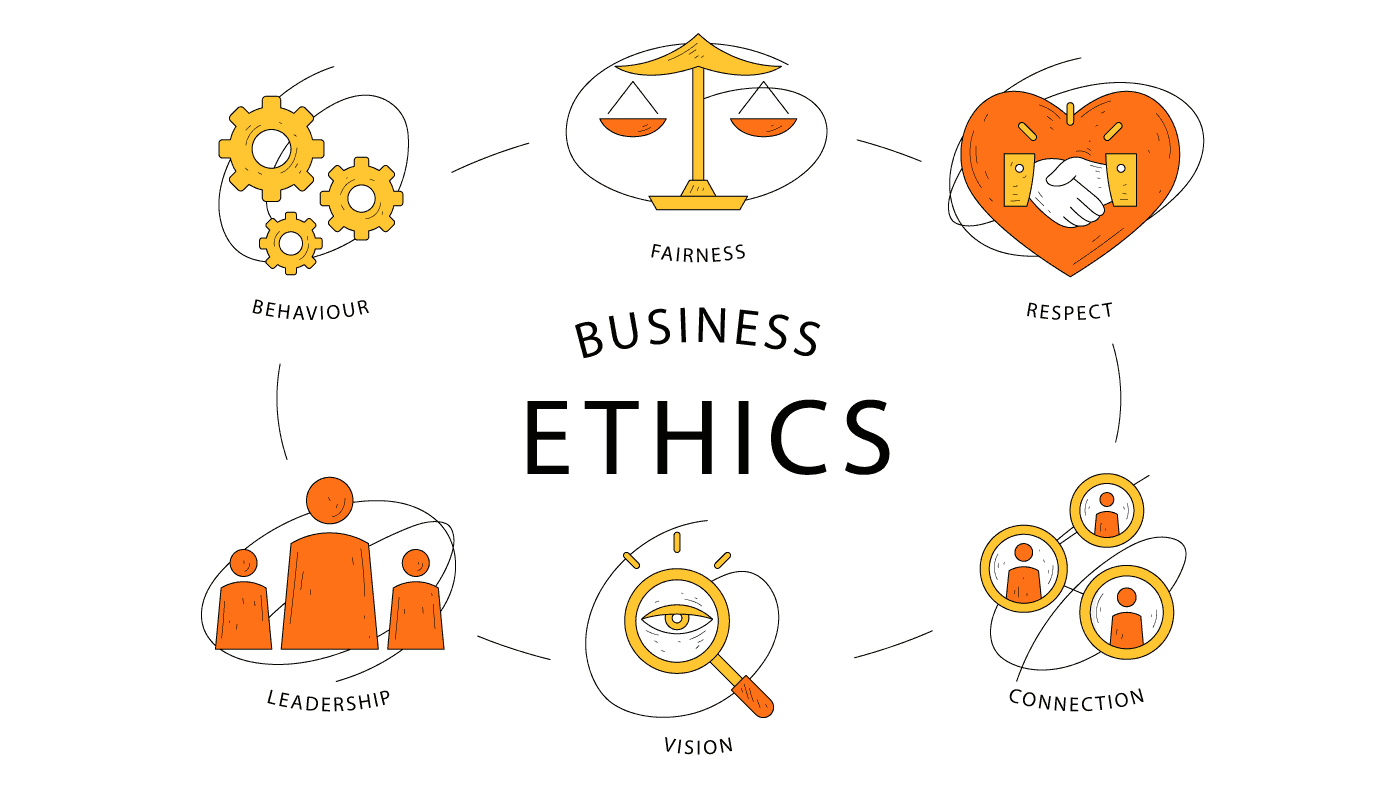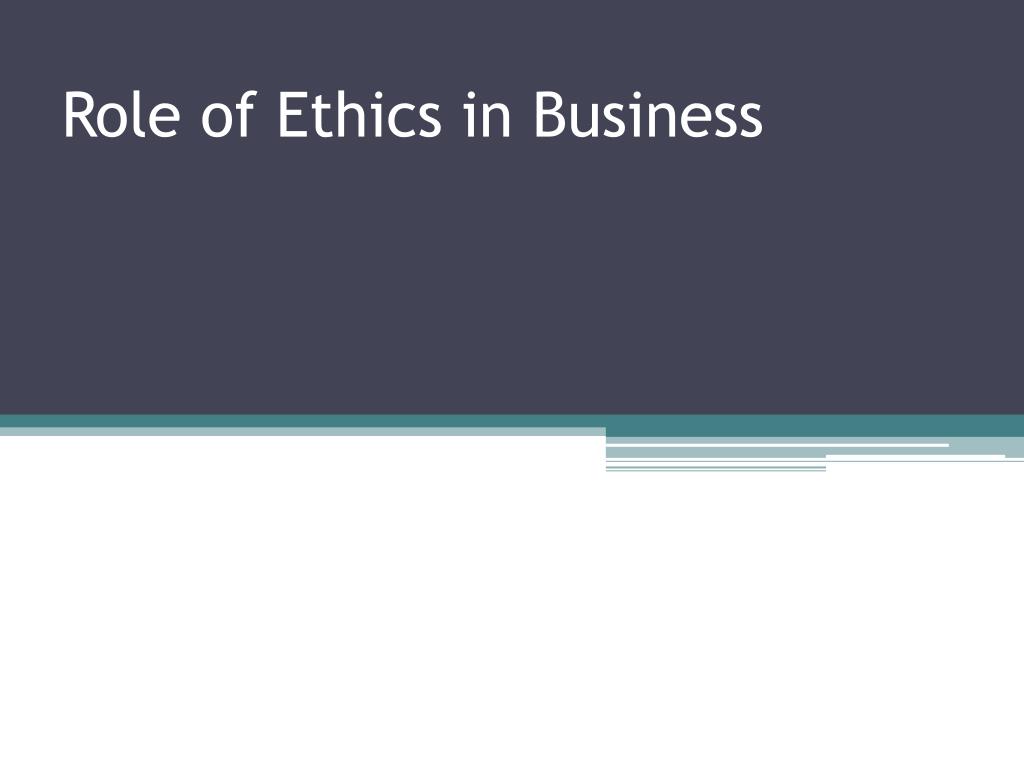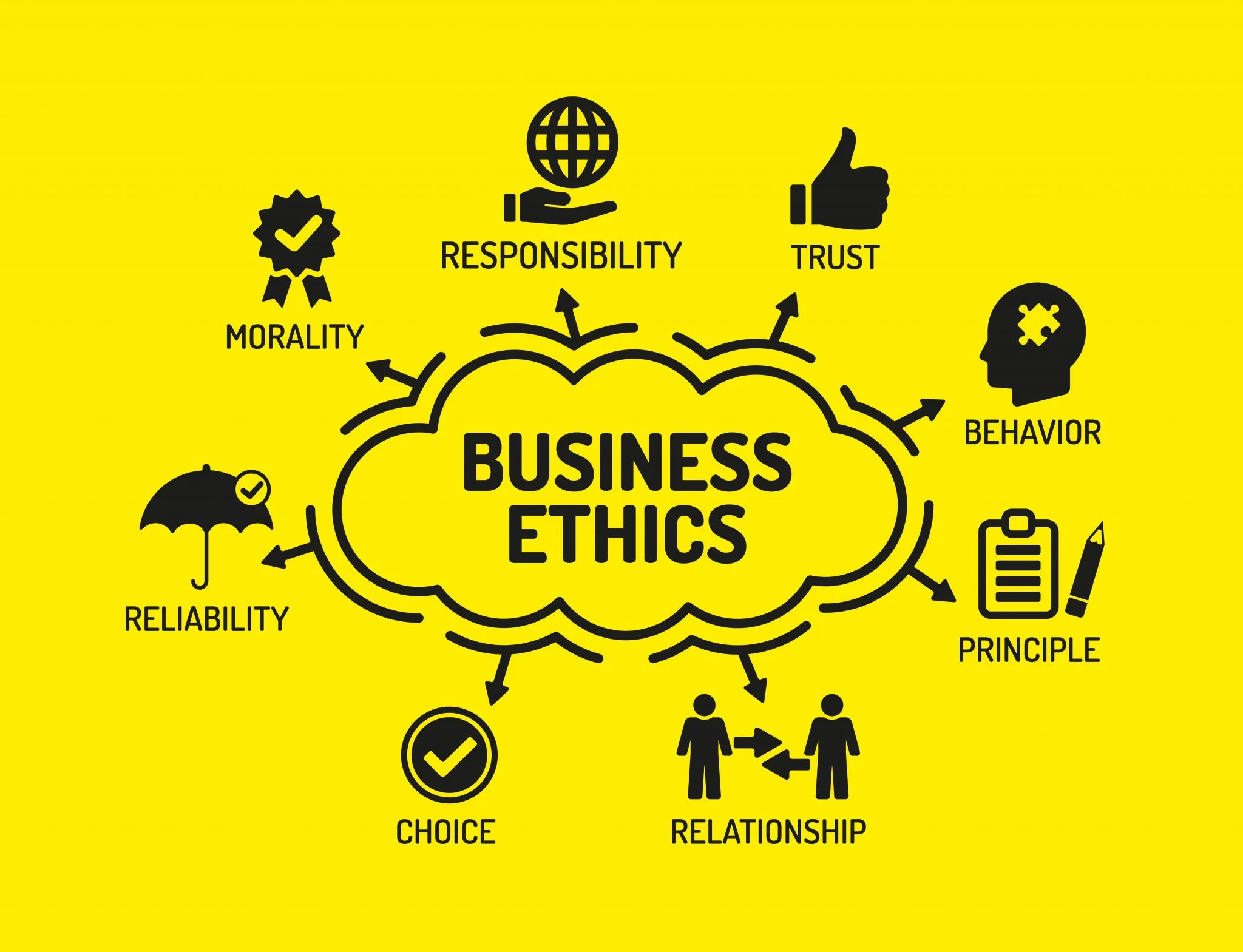Role Of Business Ethics In Society
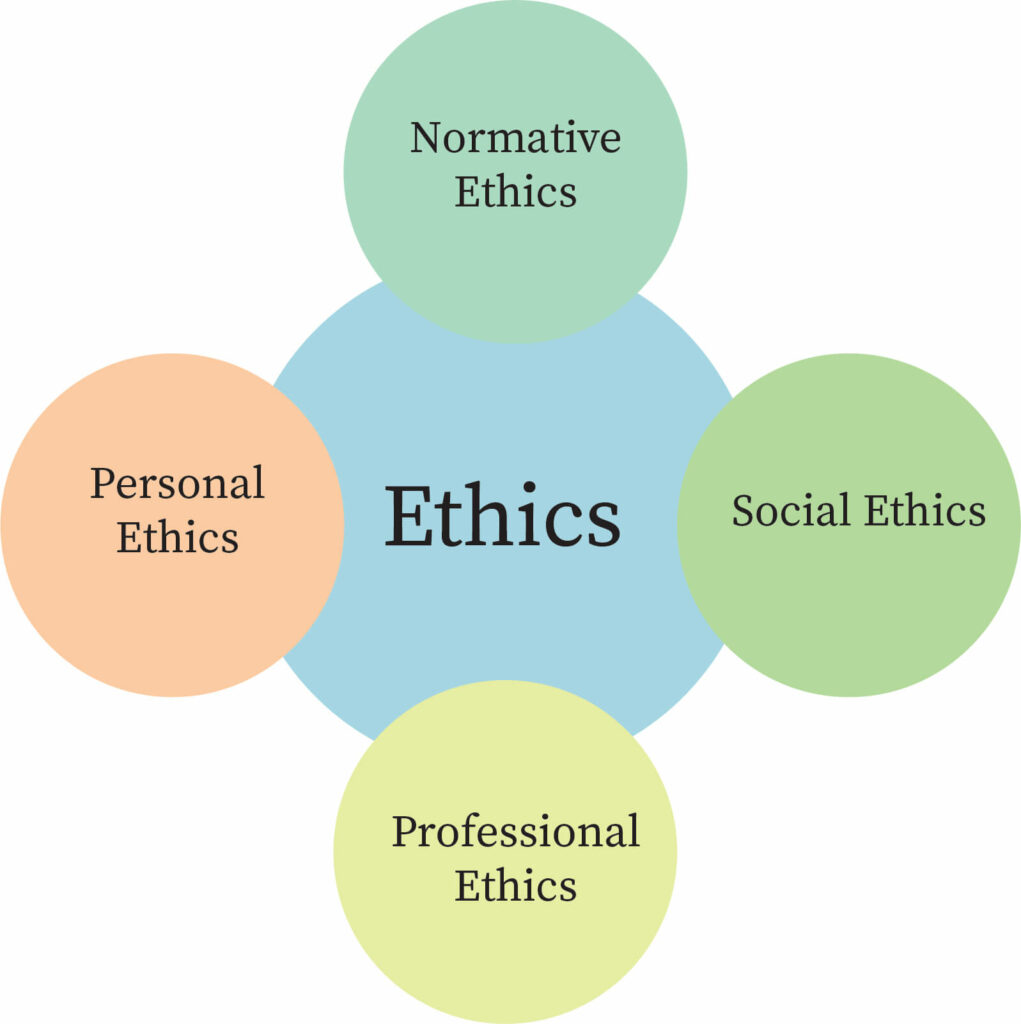
In a world increasingly scrutinized for corporate conduct, the role of business ethics has never been more critical. From boardroom decisions to supply chain practices, ethical considerations are shaping consumer behavior, investor confidence, and the overall societal landscape. This article explores the growing importance of business ethics and its profound impact on society.
At its core, business ethics involves applying moral principles to business decisions and practices. This encompasses a wide range of issues, including fair labor practices, environmental sustainability, responsible marketing, and transparent financial reporting. Ethical conduct extends beyond legal compliance, aiming for a higher standard of behavior that benefits all stakeholders.
The Significance of Ethical Business Practices
The benefits of prioritizing ethics are multifaceted. Consumers are increasingly drawn to companies that demonstrate a commitment to social responsibility. According to a 2023 study by Globescan, a majority of consumers globally are willing to pay a premium for products and services from ethical brands. This shift in consumer preference directly impacts a company's bottom line.
Furthermore, ethical behavior fosters a positive work environment. Employees are more likely to be engaged and productive when they feel valued and respected. A strong ethical culture can reduce employee turnover and attract top talent.
Investors are also paying closer attention to ethical considerations. Environmental, Social, and Governance (ESG) factors are increasingly integrated into investment decisions. Companies with strong ESG performance often attract more investment and enjoy a lower cost of capital.
Challenges and Controversies
Despite the clear benefits, implementing ethical business practices is not without its challenges. Defining what constitutes ethical behavior can be subjective and vary across cultures. Balancing profit maximization with ethical considerations can create difficult dilemmas for business leaders.
One major challenge lies in global supply chains. Ensuring that suppliers adhere to ethical standards, particularly regarding labor practices and environmental impact, can be complex and resource-intensive. Companies must invest in robust monitoring and auditing systems to prevent exploitation and environmental damage.
Another area of controversy involves corporate lobbying and political influence. While businesses have a right to advocate for their interests, ethical concerns arise when lobbying efforts undermine public welfare or promote policies that benefit a select few at the expense of society.
Examples of Ethical and Unethical Conduct
Ethical Leadership in Action
Patagonia, an outdoor clothing company, is widely recognized for its commitment to environmental sustainability. The company donates a percentage of its sales to environmental causes and actively advocates for conservation policies. Patagonia's ethical stance has resonated with consumers and solidified its brand reputation.
Another example is Unilever, a multinational consumer goods company. Unilever has implemented sustainable sourcing practices for its raw materials and has set ambitious targets for reducing its environmental footprint. The company's commitment to sustainability has been recognized by numerous organizations and has helped to attract environmentally conscious consumers.
Consequences of Unethical Behavior
The Enron scandal serves as a stark reminder of the devastating consequences of unethical business practices. The energy company's fraudulent accounting practices led to its collapse, wiping out billions of dollars in shareholder value and causing widespread job losses. The scandal highlighted the importance of corporate governance and ethical leadership.
More recently, the Volkswagen emissions scandal exposed the company's deliberate efforts to deceive regulators and consumers about the emissions levels of its diesel vehicles. The scandal resulted in billions of dollars in fines, reputational damage, and a loss of consumer trust.
The Future of Business Ethics
As society becomes increasingly aware of the impact of business on the environment and social well-being, the demand for ethical business practices will only intensify. Companies that prioritize ethics will be better positioned to attract customers, investors, and employees. Furthermore, a strong ethical culture can mitigate risks and enhance long-term sustainability.
Moving forward, businesses must embrace transparency, accountability, and a commitment to stakeholder engagement. By prioritizing ethics, companies can create a more just and sustainable world.
Ultimately, the role of business ethics is not just about compliance or risk management; it is about building a better future for all.

